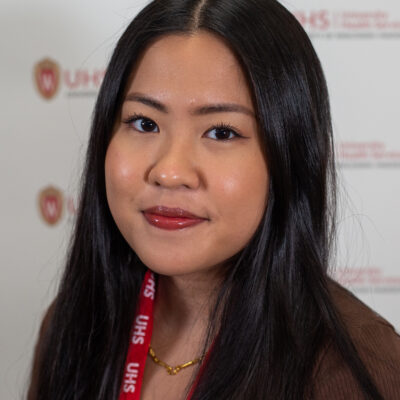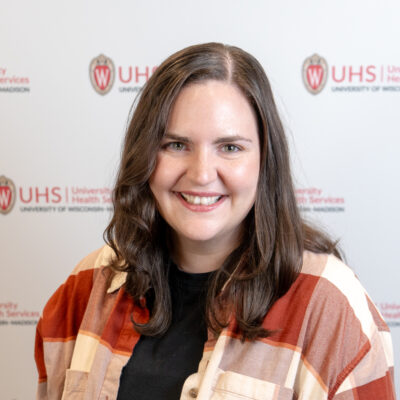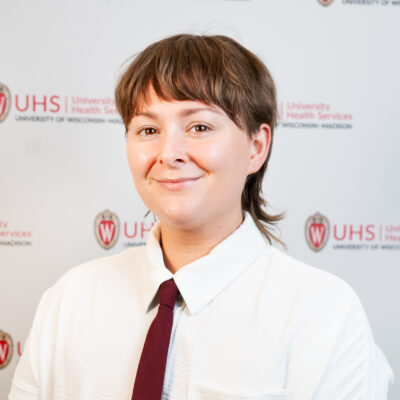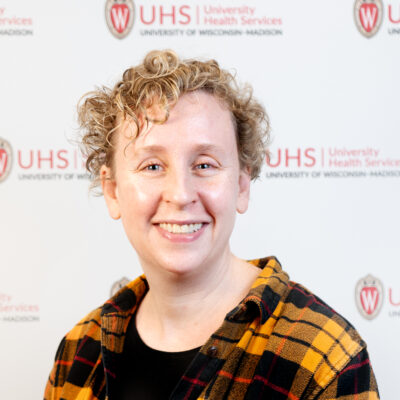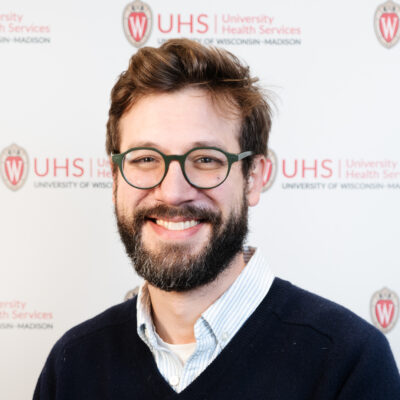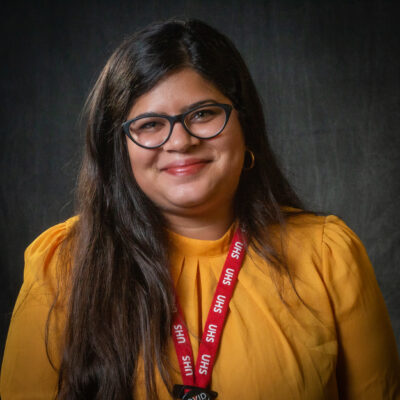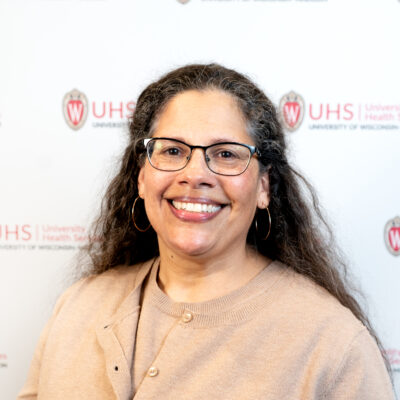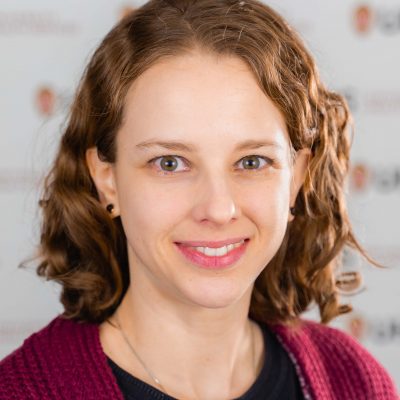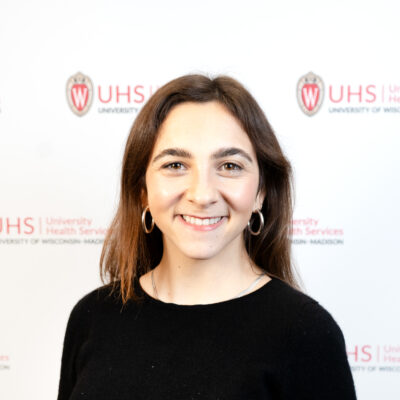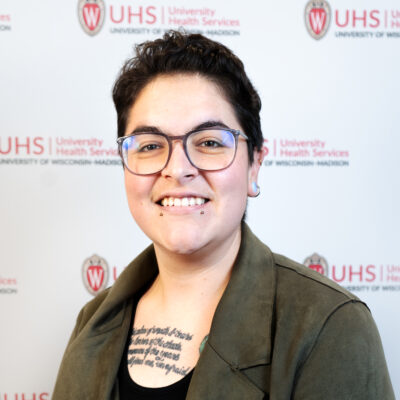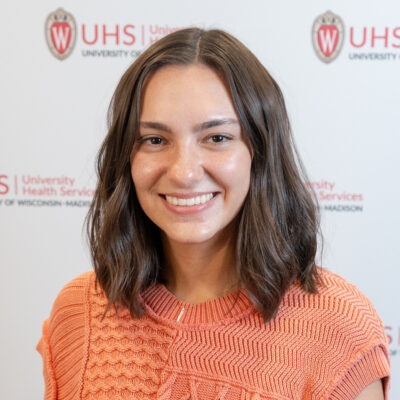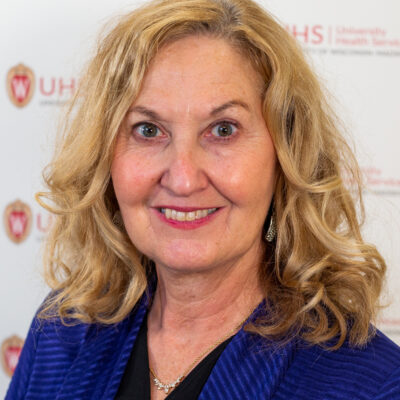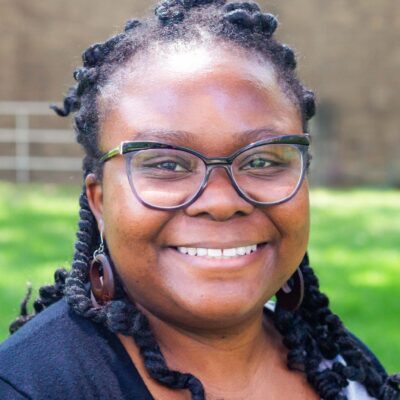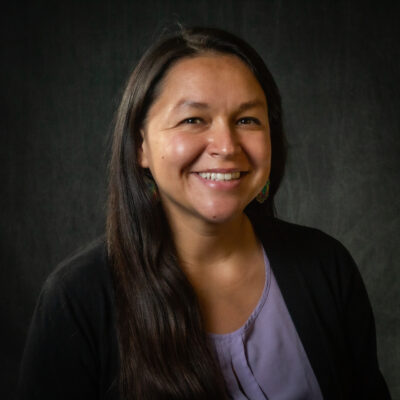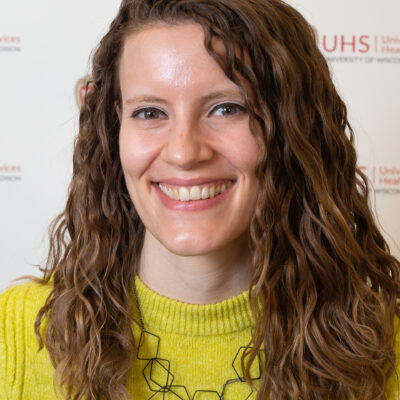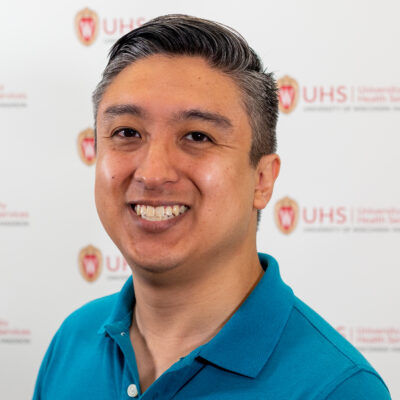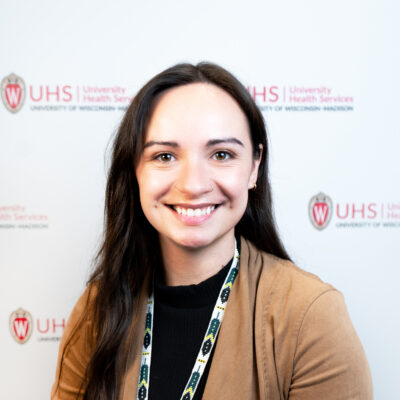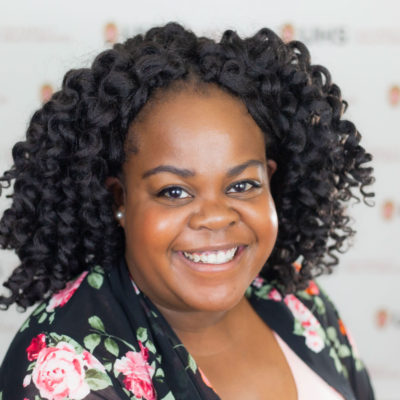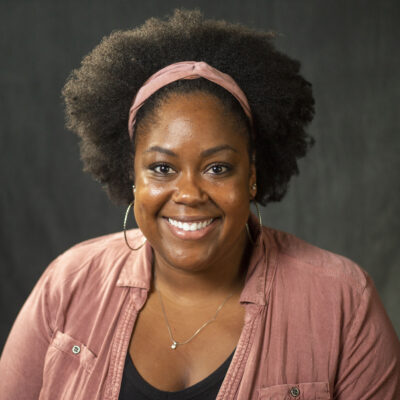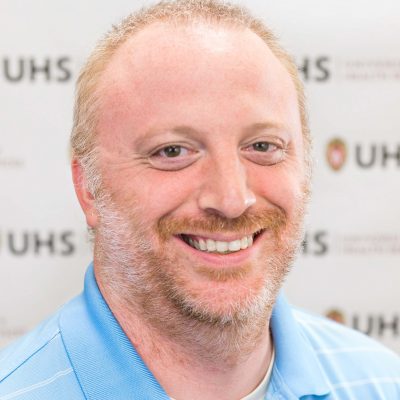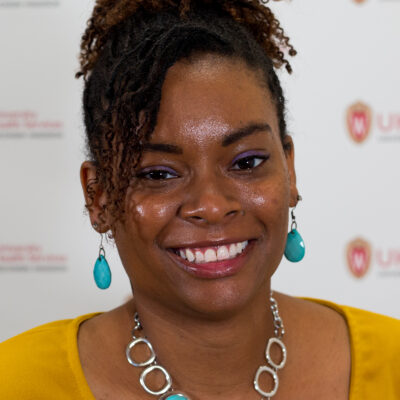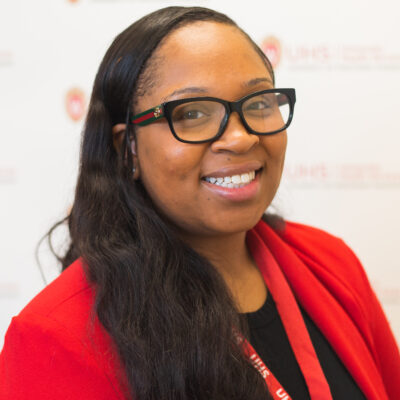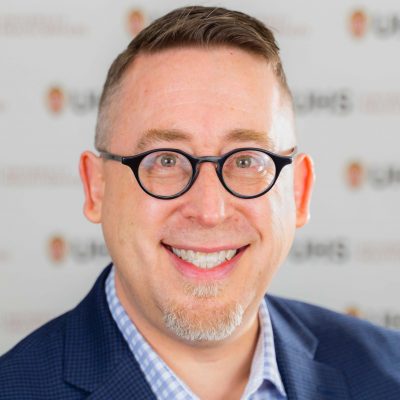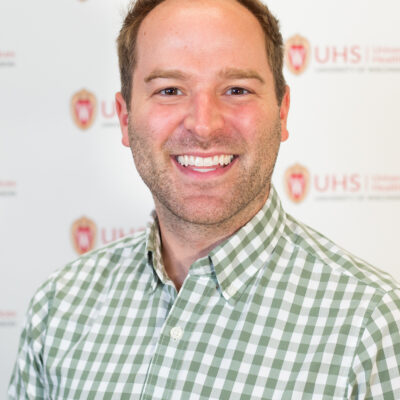No-cost, informal, confidential consultations on campus and virtually
No topic is off limits and going to Let’s Talk can help you gain insight, support, and information about other resources.
Common concerns include: stress, sadness, worry, relationships, academics, family problems, and financial struggles.
- 20-25 minute-sessions are first come, first served
- In person: Drop in to the designated space during the scheduled time.
- Virtual: Click the hyperlink for the day and time you wish to attend; if the provider is with someone, wait in the virtual waiting room until you’re admitted.
Let’s Talk is not a substitute for ongoing counseling and doesn’t constitute mental health treatment, but consultants can listen to specific problems, help explore solutions, and introduce you to what it’s like to speak to a member of our staff.
Spring Let's Talk Schedule (January 20 - May 8)
This is an accordion element with a series of buttons that open and close related content panels.
Monday
![]() For students in the School of Medicine and Public Health
For students in the School of Medicine and Public Health
Time: 3 PM – 4 PM
Provider: Earlise Ward
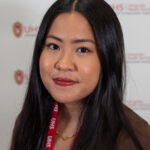
![]() Open to all students
Open to all students
Time: 3 PM – 5 PM
Provider: Kathleen Monmany and Devin Kelly-Barnett
Location: College Library, 2191D

 For survivors of sexual and/or intimate partner violence
For survivors of sexual and/or intimate partner violence
Time: 5 PM – 7 PM
Provider: Alex Little and Annie Bruns
Tuesday
 In partnership with International Student Services
In partnership with International Student Services
Time: 10 AM – 12 PM
Provider: Yixing Song
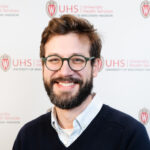 For students in the Law School
For students in the Law School
Time: 12 PM – 1 PM
Provider: John Schneider
Location: Law School, Room 5101

For students in the College of Agricultural & Life Sciences
Time: 2:30 PM – 3:30 PM
Provider: Casey Smart
Location: Agricultural Hall, Room 116
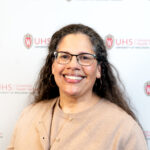 For students in the School of Medicine and Public Health
For students in the School of Medicine and Public Health
Time: 3:30 PM – 4:30 PM
Provider: Leya Moore
 In partnership with Hillel
In partnership with Hillel
Time: 3 PM – 5 PM
Provider: Julie Silverman
Location: Hillel
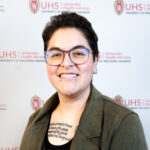 In partnership with the Gender and Sexuality Campus Center
In partnership with the Gender and Sexuality Campus Center
Time: 3 PM – 5 PM
Provider: Mariessa Robles
Location: Red Gym, Suite 137

![]() Open to all students
Open to all students
Time: 3 PM – 5 PM
Provider: Brian Drozd and Judy Kupchan
Location: College Library, 2191D
Wednesday
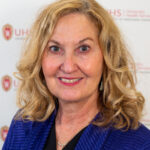 For students in the School of Business
For students in the School of Business
Time: 1 PM – 3 PM
Provider: Julie Phillips
Location: Grainger Hall, Room 3081
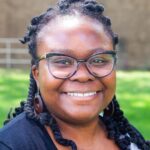 In partnership with the Multicultural Student Center
In partnership with the Multicultural Student Center
Time: 1 PM – 3 PM
Provider: Danyelle Okesanjo
Location: Red Gym, Room 123A
 For students in the College of Agricultural & Life Sciences
For students in the College of Agricultural & Life Sciences
Time: 3 PM – 4 PM
Provider: Casey Smart
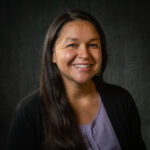 In partnership with the Indigenous Student Center
In partnership with the Indigenous Student Center
Time: 3 PM – 5 PM
Provider: Serena Cisneros
Location: Indigenous Student Center, Wellness Room #202
 For students in the College of Engineering
For students in the College of Engineering
Time: 3 PM – 5 PM
Provider: Michelle Bond
Location: Engineering Hall, Engineering Student Center

 Open to all students
Open to all students
Time: 3 PM – 5 PM
Provider: Matt Sablan and Brennan Porter
Location: College Library, 2191D
Thursday
 For students in the Law School
For students in the Law School
Time: 12 PM – 1 PM
Providers: John Schneider
Location: Law School, Room 5101

 For students in the School of Medicine and Public Health
For students in the School of Medicine and Public Health
Time: 1 PM – 3 PM
Provider: Lia Warbasse and Dan Torinus
Reserve your spot with Lia Reserve your spot with Dan
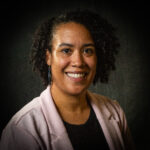
![]()
Open to all students
Time: 3 PM – 5 PM
Providers: Rianna Bailey and Tang Yang
Location: College Library, 2191D
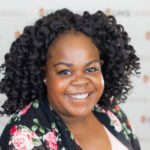 For students in the School of Social Work
For students in the School of Social Work
Time: 3 PM – 5 PM
Providers: Chynna Lewis
Location: School of Social Work Building, Room 221B
 Open to all students
Open to all students
Time: 3 PM – 5 PM
Providers: Kayla Eggen
Location: Chadbourne Hall, Room 112
 In partnership with the Indigenous Student Center
In partnership with the Indigenous Student Center
Time: 4 PM – 5 PM
Provider: Rhiannon Kunesh
Location: Indigenous Student Center, Wellness Room #202
Friday
 For students in the Law School
For students in the Law School
Time: 12 PM – 1 PM
Providers: John Schneider
 For students in the College of Engineering
For students in the College of Engineering
Time: 1 PM – 3 PM
Provider: Michelle Bond

 Open to all students
Open to all students
Time: 1:30 PM – 3:30 PM
Providers: Geoff Brown and Davida Randolph
Location: College Library, 2191D
 Open to all students
Open to all students
Time: 1:30 PM – 3:30 PM
Provider: Brittany Howell and Bob Stindt
 For students in the School of Nursing
For students in the School of Nursing
Time: 2 PM – 4 PM
Provider: Ross Beattie
Frequently asked questions
This is an accordion element with a series of buttons that open and close related content panels.
What is Let’s Talk?
Let’s Talk is a program for UW–Madison students that provides easy access to informal and confidential support and consultation with counselors from UHS Mental Health Services. Counselor consultants hold drop-in hours virtually and at sites around campus Monday through Friday. Any student is welcome at any site or virtual link and no fee is charged. Virtual and in-person sections of Let’s Talk are first come, first served with no registration needed.
Who should visit Let's Talk?
All UW–Madison undergraduate and graduate students can come to a Let’s Talk consultation, but it’s the best fit for students who:
- Aren’t sure about counseling or wonder what it’s like to talk to a counselor;
- Aren’t interested in ongoing counseling but would like the perspective of a counselor;
- Have a specific problem and would like someone with whom to talk it through; or
- Have a concern about a friend or family member and would like ideas about what to do.
What happens at Let’s Talk?
Let’s Talk is a program for UW–Madison students that provides easy access to informal and confidential support and consultation with counselors from UHS Mental Health Services. In these 20-minute one-on-one consultations, you can discuss concerns, get support, and experience what it is like to speak with a mental health provider. Some sections focus on a specific concern or identity, and others are open to all students and concerns.
How is Let's Talk different from counseling at Mental Health Services?
Counselors provide ongoing counseling, which usually consists of weekly or bi-monthly 45–50 minute appointments. Let’s Talk is not formal counseling; it’s a drop-in service where students can have an informal consultation with a counselor consultant from time to time.
What is the different between Let's Talk and an Access appointment?
Let’s Talk is an informal drop-in service that provides consultation and support. An access appointment is the first step toward linking students with counseling services at UHS. Part of an access appointment is reviewing and signing formal paper work, and assessing symptoms and distress levels.
I think I have a problem that would benefit from counseling. Would going to Let's Talk help me figure out what to do?
Absolutely. The counselor consultant will help you talk through your issues and help you determine the best way to get support. If you feel comfortable with the counselor consultant, it is sometimes possible to meet with them at UHS in an on-going way.
I am a non-student partner of a UW-Madison student, and I am covered by SHIP insurance. Can I come to Let's Talk?
Yes, the counselor consultant will help you with your immediate concerns and assist you with referrals for ongoing support.
I was offered an appointment at UHS Mental Health Services 14 days from now. Can I stop by Let's Talk in the meantime?
It’s best to call UHS directly if you believe you need to be seen sooner than your scheduled appointment.
I spoke with a UHS provider and they recommended a referral to a therapist in Madison. Can I come to Let's Talk instead?
Since regular counseling appointments are not available at Let’s Talk, following up with the referral is a good idea.
I am currently seeing a therapist at UHS and would like to talk with someone sooner than my next appointment. Can I go to Let's Talk?
If your next appointment is not soon enough, it is best to contact your counselor directly to see if they can see you sooner.
I am currently seeing a therapist at UHS and I'm not happy with the way things are going. Can I go to a Let's Talk instead?
Express your concerns directly to your counselor. Counselors are eager to hear feedback—both positive and negative. Often, an open conversation about your concerns can resolve any issues.
What else do I need to know?
Although Let’s Talk counselor consultants are professionals, Let’s Talk is not a substitute for psychotherapy or formal counseling and doesn’t constitute mental health treatment. Let’s Talk counselor consultants provide informal consultations to help students with specific problems and to introduce them to what it’s like to speak with a counselor. Your Let’s Talk counselor consultant can help you determine whether formal counseling would be useful to you and, if appropriate, connect you with UHS.
Let's Talk visits are confidential. Are there any limits to confidentiality?
One exception is that counselors may need to share information in a situation in which safety for yourself or others is a concern. Let’s Talk counselor consultants keep brief written notes of their contacts with student in the event that there is an emergency, or when a student is referred to UHS. In these situations, other UHS counseling staff may see these notes. Information is also collected about attendance, so that we can keep track of the students we serve and those we need to continue serving.
Not sure what you're looking for?
We can help.
Call 608-265-5600 (option 2).
Acknowledgment
Let’s Talk at the University of Wisconsin–Madison is based on the Let’s Talk Program at Cornell University. With permission, some of the material from this website has been adapted or reproduced from the Cornell University Let’s Talk website. We would like to thank Matt Boone, LCSW, for his assistance in helping us launch this program on our campus. This successful model has paved the way for us and many others.
